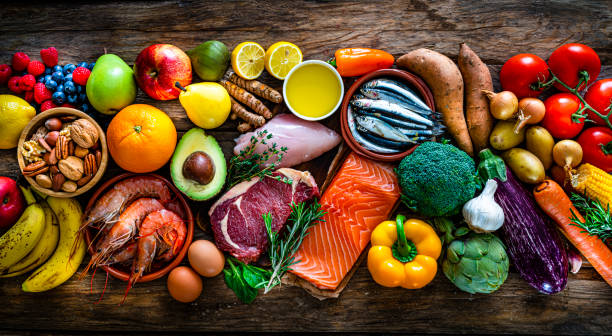
FAQ About Paleo Diet
Paleo Diet
2 years ago | gizem
Are there any recommended modifications to the Paleo diet for athletes?
Yes, athletes may need to make some modifications to the traditional Paleo diet to meet the increased energy demands and specific nutritional needs associated with their training. Here are some recommended modifications for athletes following the Paleo diet:
- Carbohydrate intake: Since athletes have higher energy requirements, it may be necessary to increase carbohydrate intake to support training and performance. Include carbohydrate-rich foods such as sweet potatoes, fruits, gluten-free grains, and starchy vegetables to ensure an adequate supply of energy for workouts and recovery.
- Timing of carbohydrates: Prioritize consuming carbohydrates before and after workouts to provide energy and support glycogen replenishment. This can help optimize performance and recovery. Consider incorporating easily digestible carbohydrate sources like fruits or a small portion of gluten-free grains in pre- and post-workout meals or snacks.
- Recovery nutrition: After intense workouts, it's important to replenish glycogen stores and support muscle repair. Including a combination of carbohydrates and protein in your post-workout meal or snack can enhance recovery. Consider options such as a protein shake with fruit or a meal containing lean protein, carbohydrates, and vegetables.
- Hydration: Adequate hydration is crucial for athletes. While the Paleo diet promotes whole, unprocessed foods, it's important to prioritize hydration through water intake. Monitor your fluid needs, especially during intense training sessions or in hot weather, and consider incorporating natural electrolyte sources like coconut water or homemade electrolyte drinks.
- Individualize protein intake: Athletes may have higher protein requirements due to increased muscle breakdown during training. Adjust your protein intake based on your body weight, training intensity, and goals. Include a variety of protein sources such as lean meats, fish, poultry, eggs, and plant-based options like legumes and nuts.
- Healthy fats for energy: Although the Paleo diet already includes healthy fats, athletes may benefit from slightly higher fat intake to support energy needs. Incorporate sources of healthy fats such as avocados, nuts, seeds, and olive oil in your meals to provide sustained energy and support overall health.
- Micronutrient considerations: Athletes have increased nutrient needs, so focus on consuming a wide variety of fruits and vegetables to ensure you're getting a range of vitamins, minerals, and antioxidants. These nutrients are crucial for supporting overall health, recovery, and immune function.
- Periodization and individualization: Adjust your nutrition plan based on training phases, competition schedules, and individual needs. Work with a registered dietitian or sports nutritionist who can help you develop a personalized plan that aligns with your specific training goals, performance needs, and the principles of the Paleo diet.
